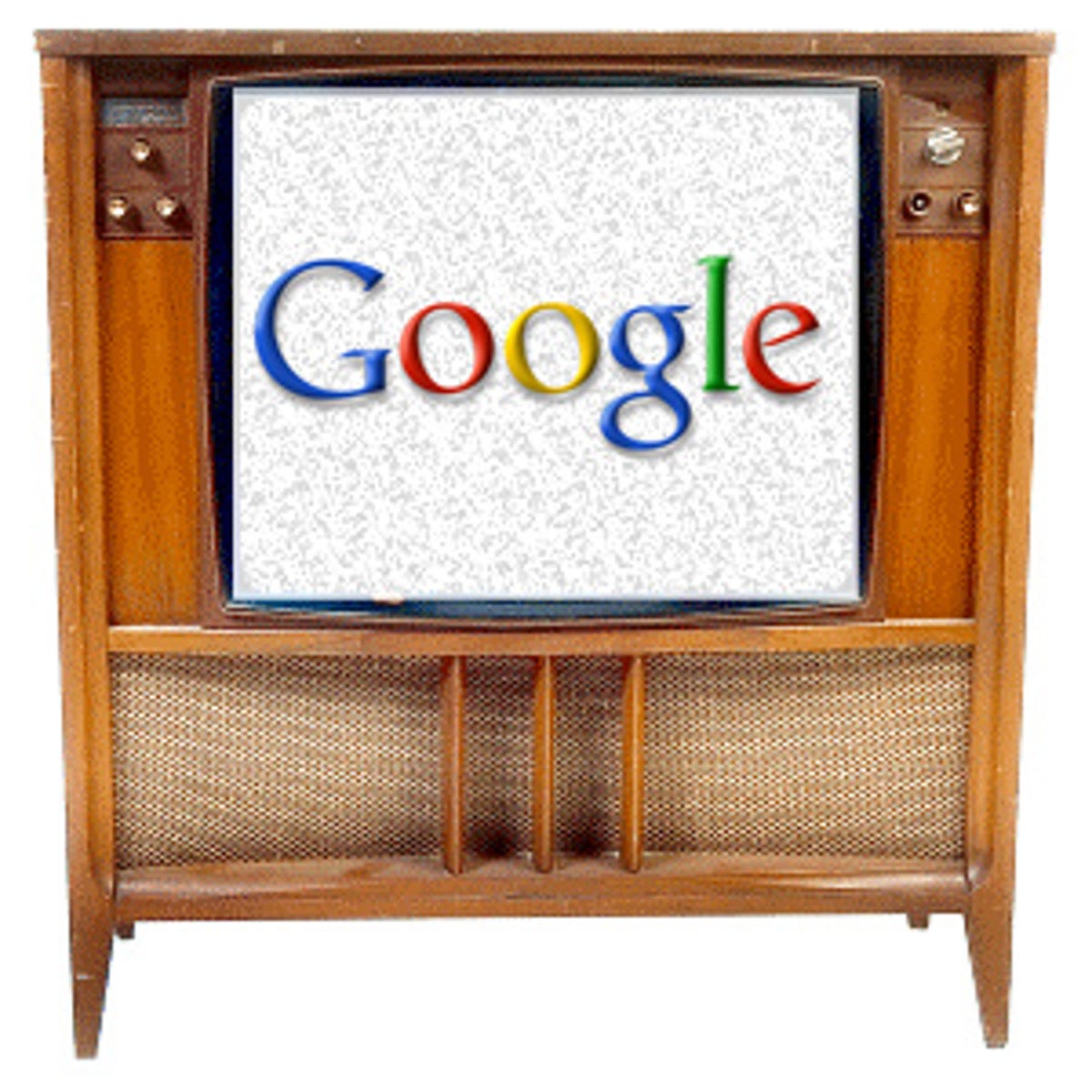
The deformed children of the first dotcom boom roam the streets like dogs, but it looks like background radiation must be reaching safe levels again because new heroes are rising. Google’s purchase of YouTube for $1.65bn and Murdoch’s acquisition of MySpace for $580m are just two of the more flamboyant transactions sprung from this new-found confidence.
But this is just the beginning. It’s now reported that Google’s advertising revenue will surpass that of the UK’s main commercial TV channels. Could it be that the days of traditional broadcast advertising are numbered, or can the two co-exist like Ritalin stepkids in some horribly dysfunctional family?
Channel 4 is predicted to collect £800m in returns from advertisers this year, but Google is expected to surpass this figure in the UK. It is then likely that the Internet search giant will overtake ITV1 within 18 months. What’s not clear is how parasitic the relationship between online and offline advertising is. It’s too early to tell whether advertisers are turning away from television onto the Web, or if they’re supplementing TV ads with online versions.
What does this mean for the glorious creative output that UK television advertising is globally applauded for? The US has been forced to contend with heinously patronising and crude TV advertising for decades, but the UK’s advertising industry has managed to create art out of the dirty act of selling. Some of the best short films of the last century have been television advertisements.
Who can forget the Guinness man as he waits, Buddha-like, for that perfect wave? Or the Hovis kid, cycling his rickety old bicycle up cobblestone streets delivering bread — his face prematurely lined because, you imagine, his father died in a recent mining accident and his mother is a drunk?
And what is to become of masterpieces like the new Sony Bravia advert, where thousands of litres of paint are exploded across a Glasgow housing estate? Even if some of these make the transition to online (the Bravia ad has), they’ll lack the spectacle of their TV equivalent.
Of course, it may be that this argument is moot. As the Internet becomes more pervasive, we might abandon our televisions all together, and stream ‘television’ solely over the Internet. Rather than there being any great paradigm shift as advertisers switch from TV to the Web, perhaps the Web will simply turn into TV. If you have anything to say on the matter (preferably outrageous, fuelled by anger and uncorroborated by fact), let us know by posting a comment below. -CS




